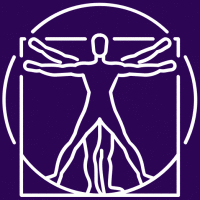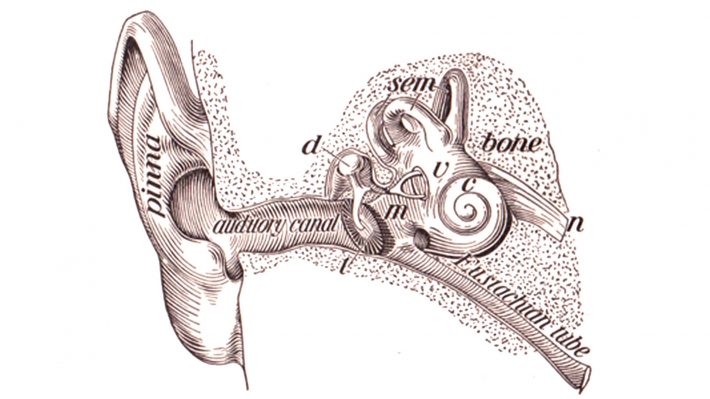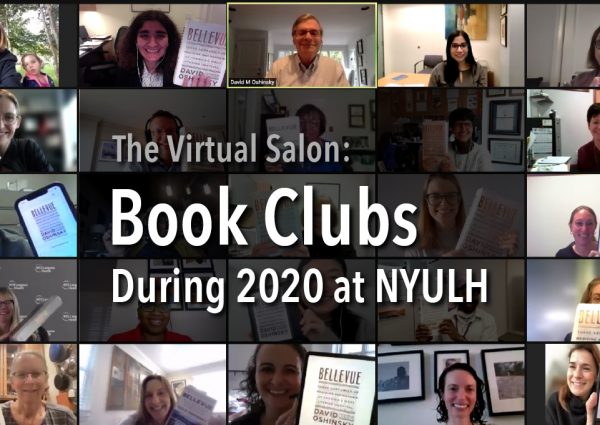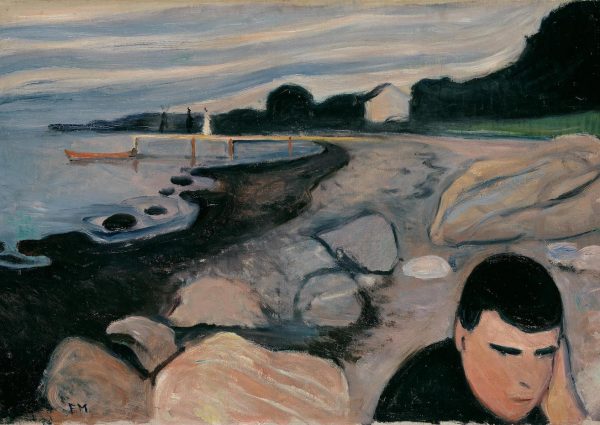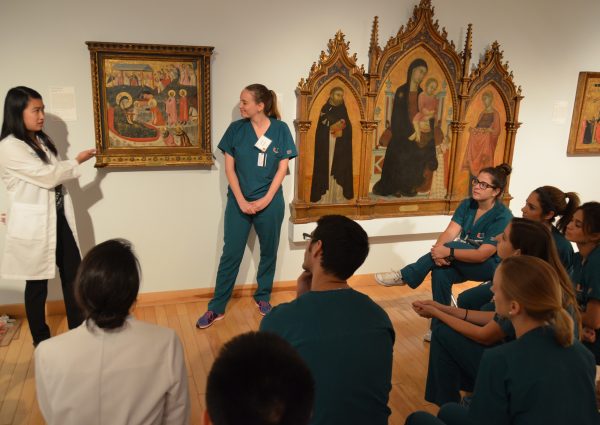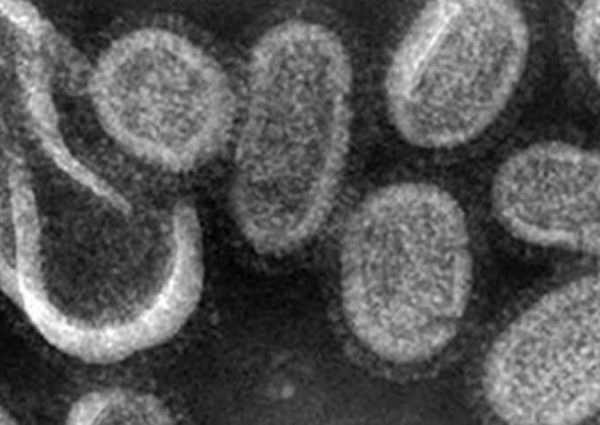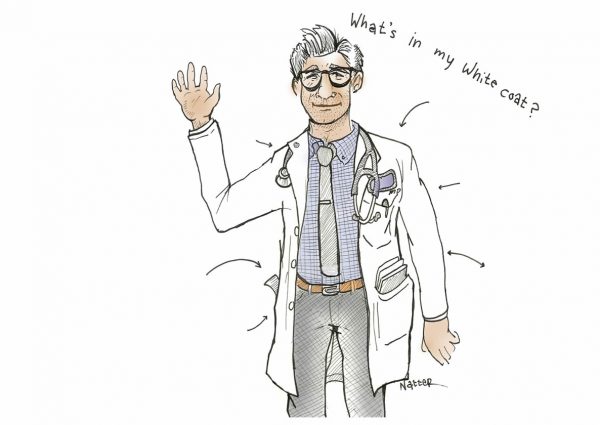Listen*:
Transcript:
The transformation is complete. My eyes
Are microscopes and cathode X-ray tubes
In one, so I can see bacteria,
Your underwear, and even through to bones.
My hands are hypodermic needles, touch
Turned into blood: I need to know your salts
And chemistries, a kind of intimacy
That won’t bear pondering. It’s more than love,
More weird than ESP–my mouth, for instance,
So small and sharp, a dry computer chip
That never gets to kiss or taste or tell
A brief truth like “You’re beautiful,” or worse,
“You’re crying just like me; you are alive.”
Poet’s Commentary:
“‘Technology and Medicine’ speaks to the increasing presence of technology in the practice of medicine, hence the title. The transformation that occurs in the poem is one that I felt myself many times during my care of patients, particularly during medical school and residency where I felt myself becoming machine-like in my interactions with them. Whereas I think in many ways technology can, when used properly, help us to form human connections and to nurture those connections. Oftentimes I think particularly some of the machines we use in medicine can really put obstacles between us and separate us in ways that are problematic for me. For example, looking at an X-ray of a patient without for a moment thinking of what that X-ray really shows in terms of their bodies. I think oftentimes when I’m looking at CAT-scans and interpreting the findings I see there that I’m looking through the patient. I’m not seeing what they’re really thinking. So I wrote this poem as a reminder to myself not to forget my own humanity or my patient’s humanity when I’m dealing with all the wonderful and powerful technology we have at our disposal in medicine.”
*”Technology and Medicine” used with the permission of Rafael Campo and the publisher of The Other Man Was Me: A Voyage to the New World by Rafael Campo (Houston: Arte Publico Press-University of Houston, 1994); no downloading permitted.
Audio and text of commentary reproduced with the permission of Rafael Campo, 1996.
